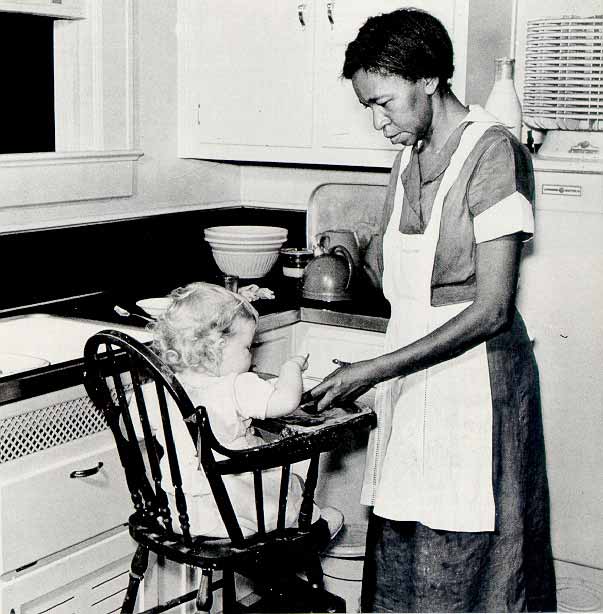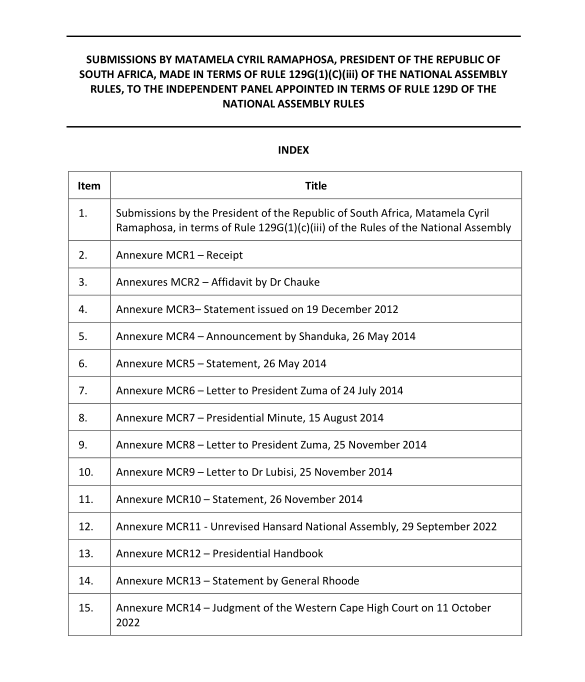Irvin Jim
Irvin Jim was born in1968 in the Eastern Cape in Motherwell. He became a university student, active in the anti-apartheid movement but poverty forced him to abandon his education to work in a Port Elizabeth tyre factory. He worked there to earn money and he joined the National Union of metalworkers of South Africa (NUMSA).

Essop Goolam Pahad
Essop Goolam Pahad was born on the 21st of June 1939 in Schweizer-Reneke in Western Transvaal (now North West Province). He grew up in a family of political activists.

A brief history of domestic service in South Africa

Colonial History of Domestic Work
Tokai, Cape Town
Isandlwana Battlefield Site, Nqutu
'Nquthu' is an isiZulu name meaning: "the back of the head", also spelt 'Nqutu'. The Battle of Isandlwana was the first engagement in the Anglo-Zulu War, on 22 January 1879. Umzinyathi District has a total area of 8 079 square Kilometres and is located; in the North of KwaZulu-Natal. The District lies between the main N3 corridor between Durban and Gauteng and the Coastal Corridor, running along the East coast. Umzinyathi is one of the 11 District Municipalities, of KwaZulu-Natal Province. The seat of Umzinyathi is Dundee. The majority of its 456 452 people speak Zulu (2001 Census). Umzinyathi District includes some of the poorest and most underdeveloped, Rural Areas of KwaZulu-Natal. (The most notable being the Msinga and Nquthu Municipalities.) The Population of this Region numbers about 456 454 people. Of the population, 93% are Rural and 7% are Urban. The more developed urban areas include: Dundee and Greytown.
In Nquthu and Msinga there is a dominance of the three peri-urban Settlements of Tugela Ferry, Pomeroy and Keates Drift. The Population densities of these three Areas are higher than those of the rest of the Area. The District has 17 Tribal Authorities. Endumeni is the only B Municipality that does not have any Tribal Land. The majority of the land (60%) is under the control of the Ingonyama Trust and situated mainly in Nquthu and Msinga.
https://www.southafrica.net/gl/en/travel/article/the-isandlwana-battlefield-site-kwazulu-natal-where-assegais-humbled-rifles-and-cannon
https://www.umzinyathi.gov.za/about/
FacebookRorke's Drift, Museum
Writing the 1973 Durban Strikes: From ‘black worker unrest’ to the ‘birth of independent trade unions’ by Debby Bonnin
This paper was submitted to the 1973 Durban Strikes Celebrating 50 Years Conference
Debby Bonnin (Department of Sociology, University of Pretoria)
